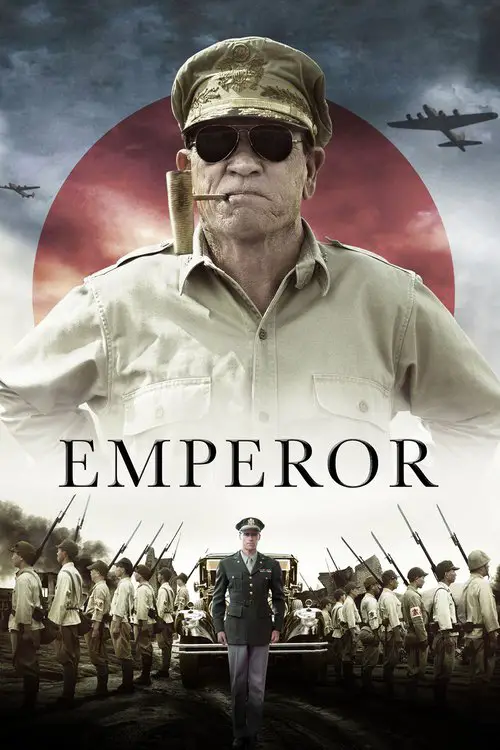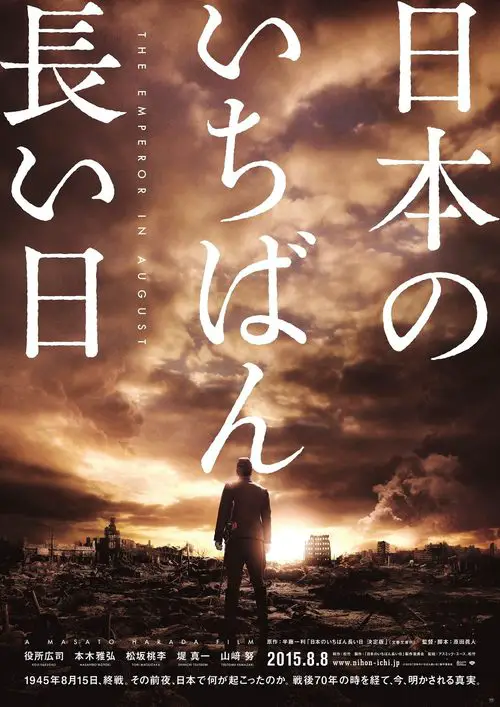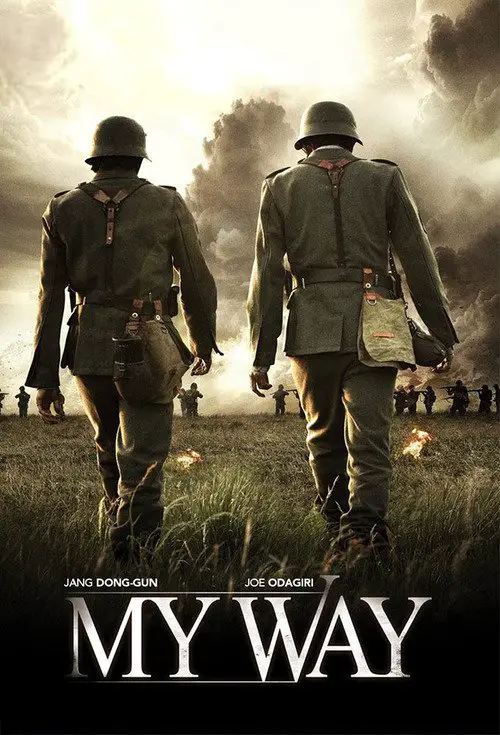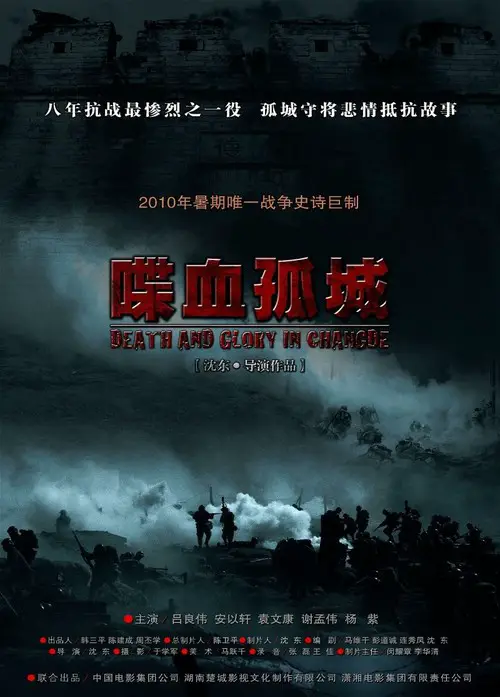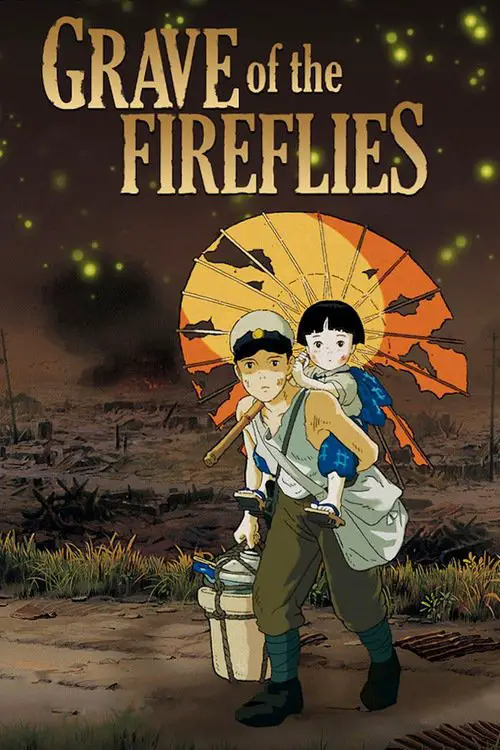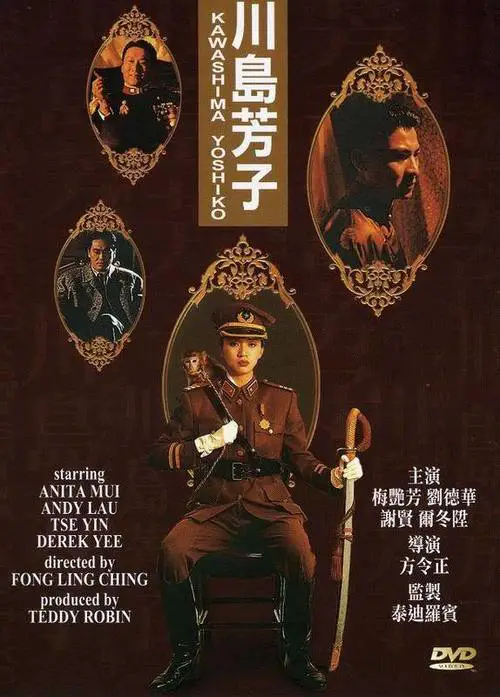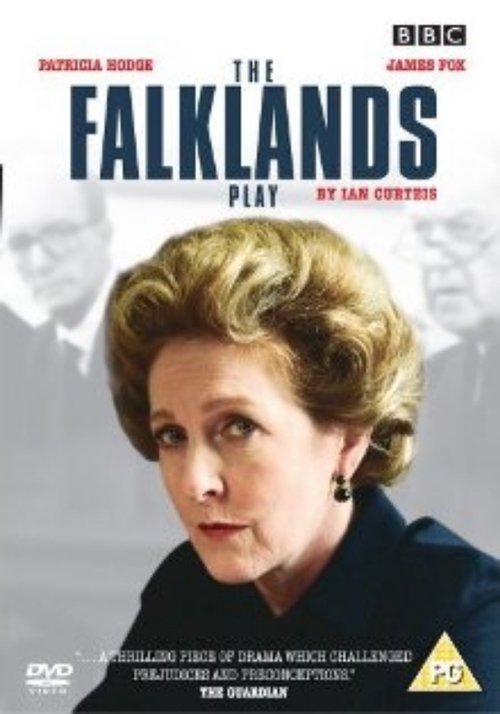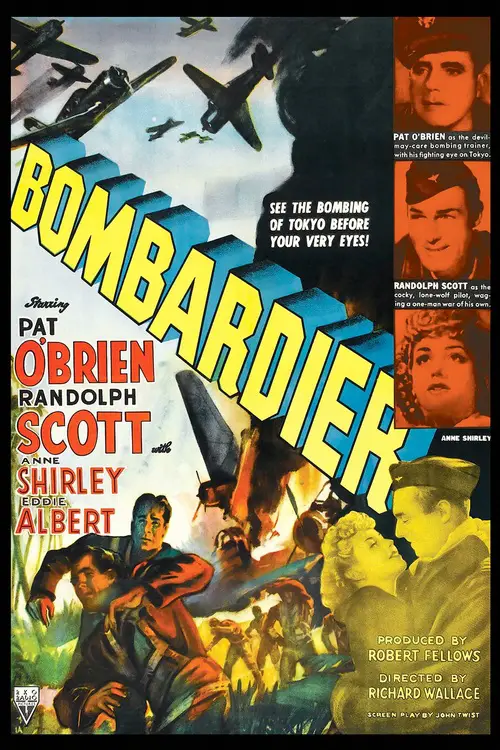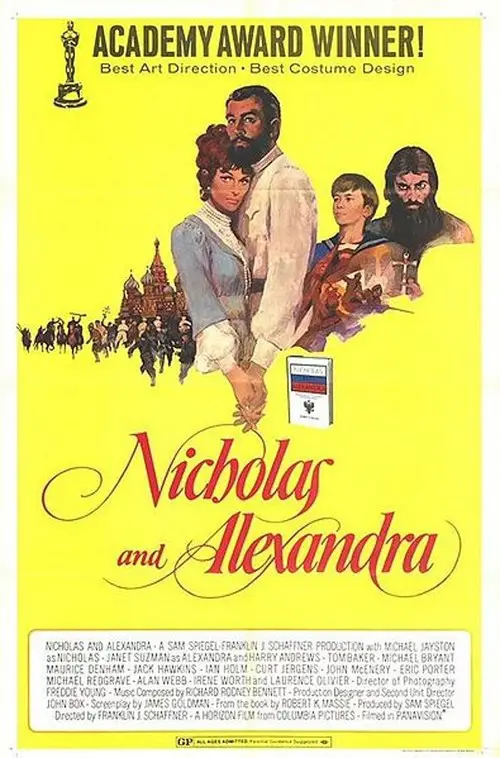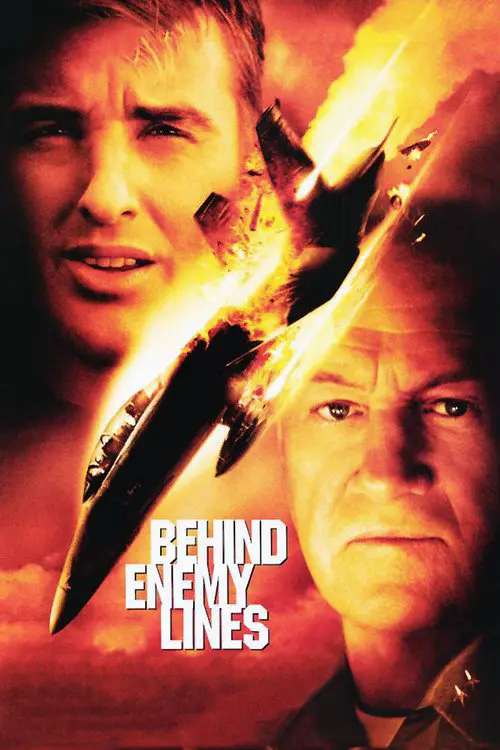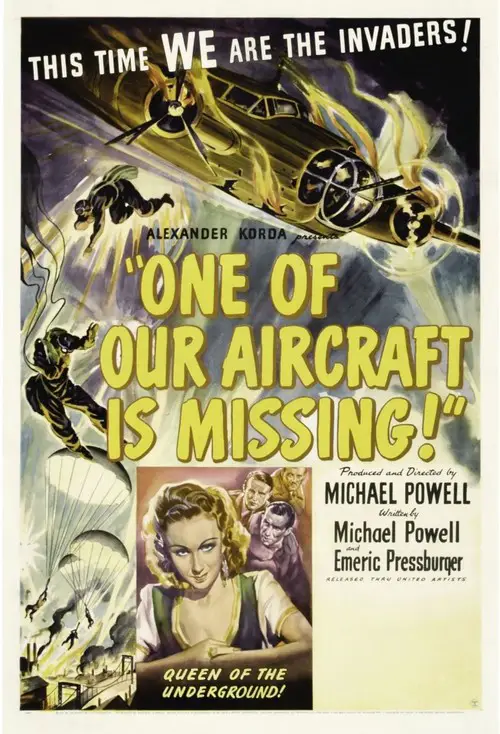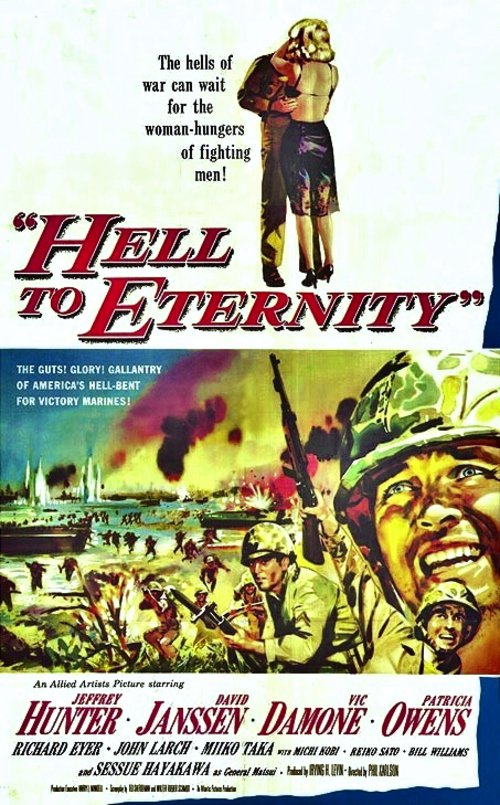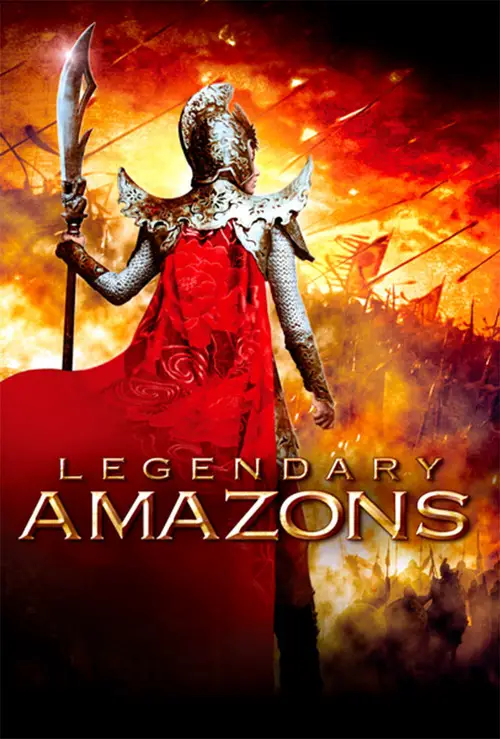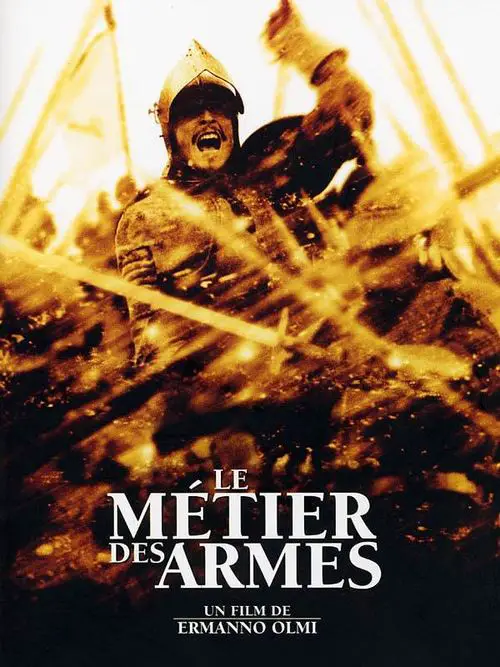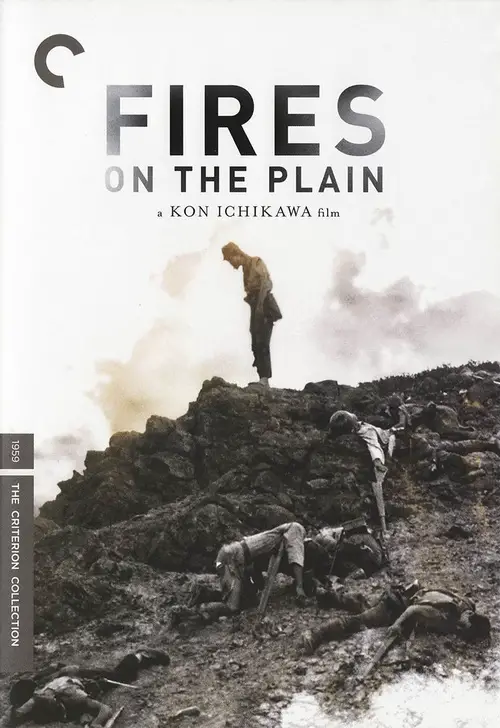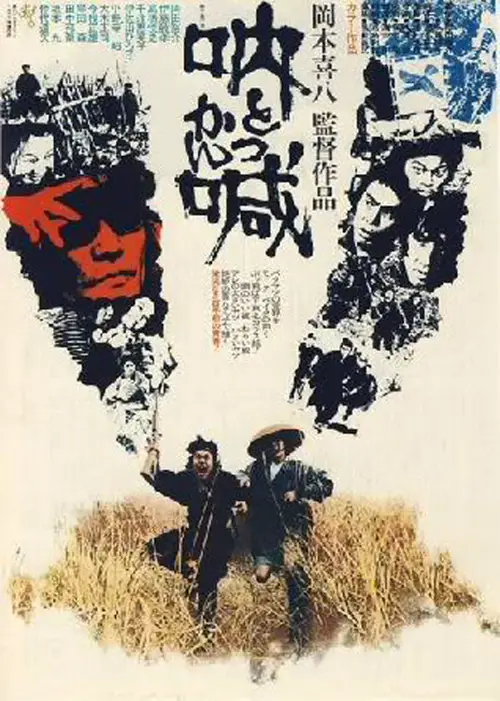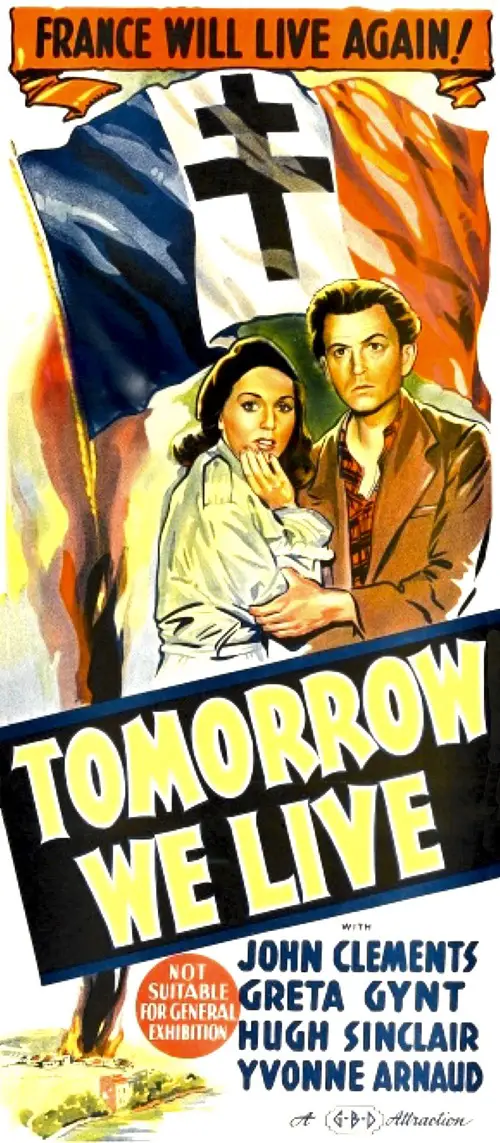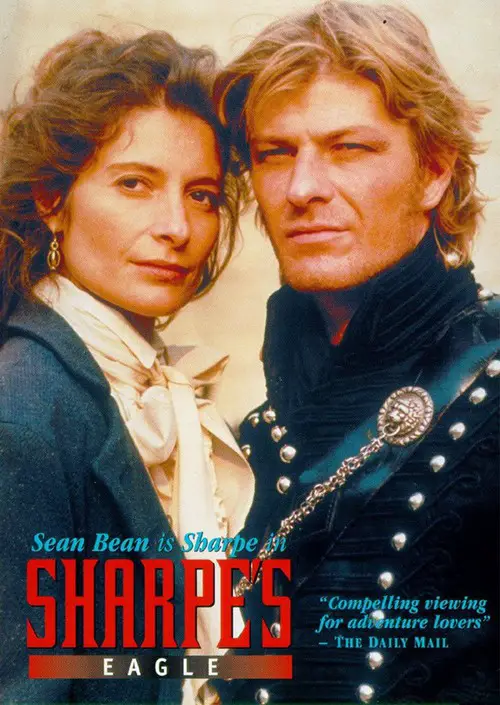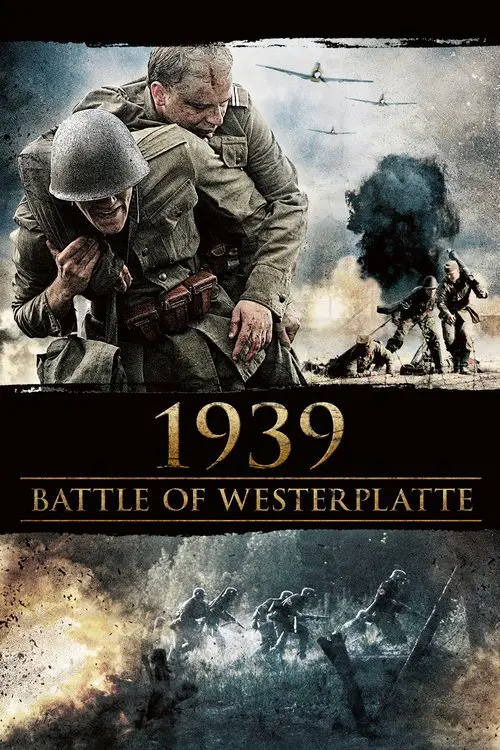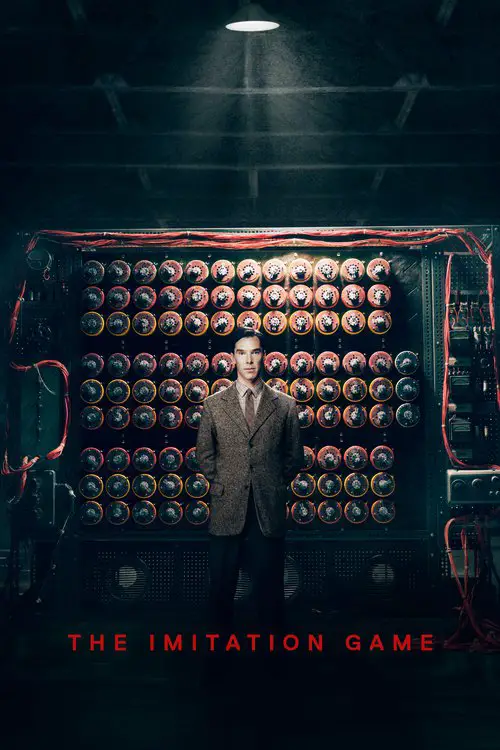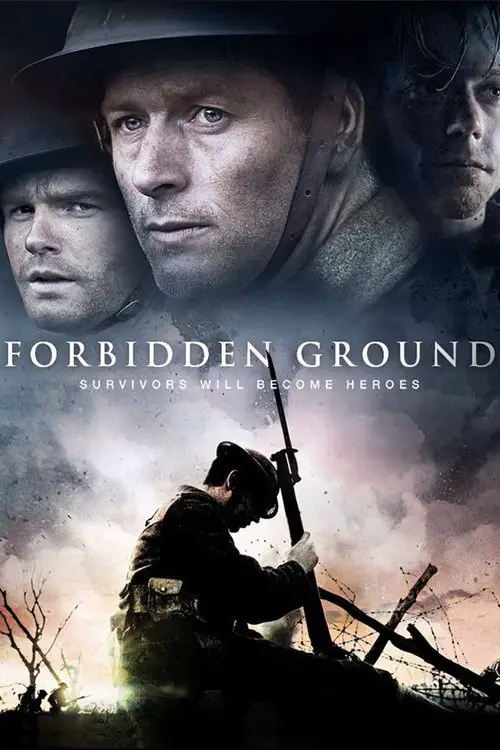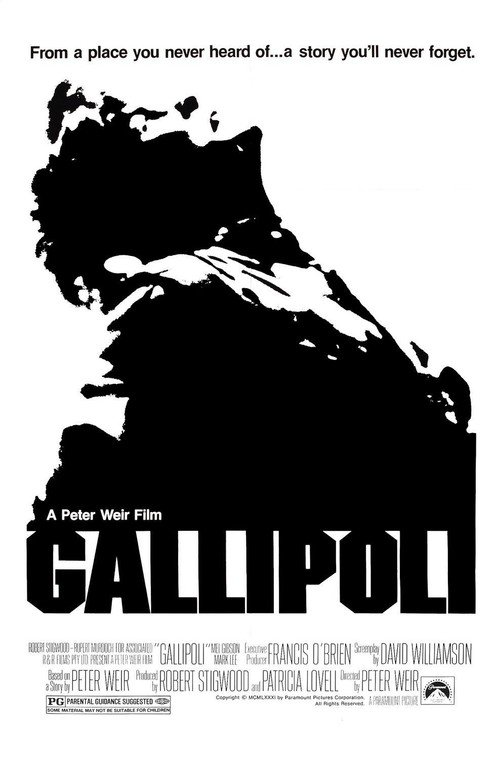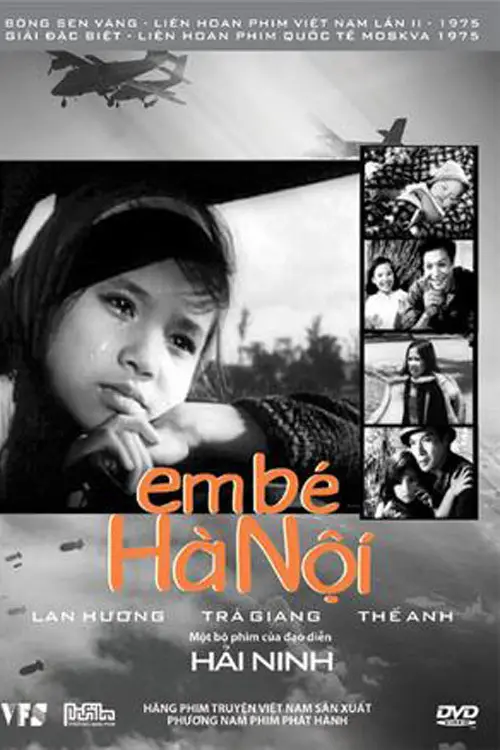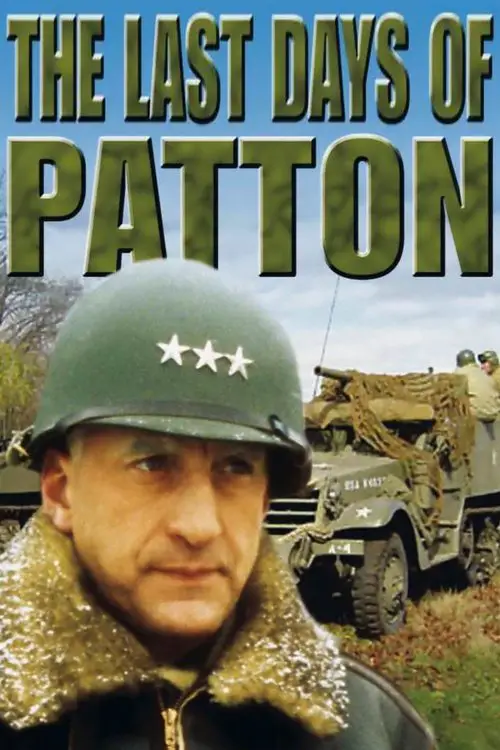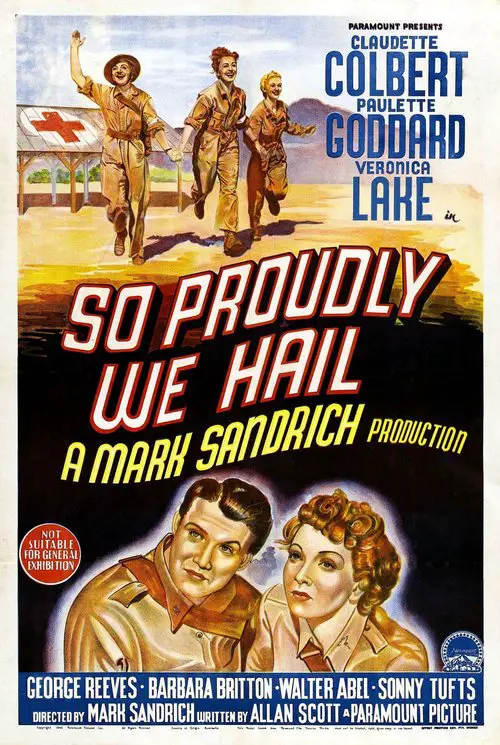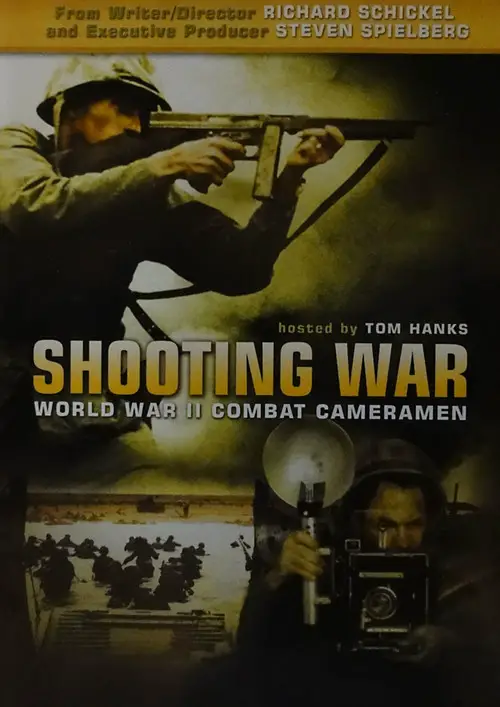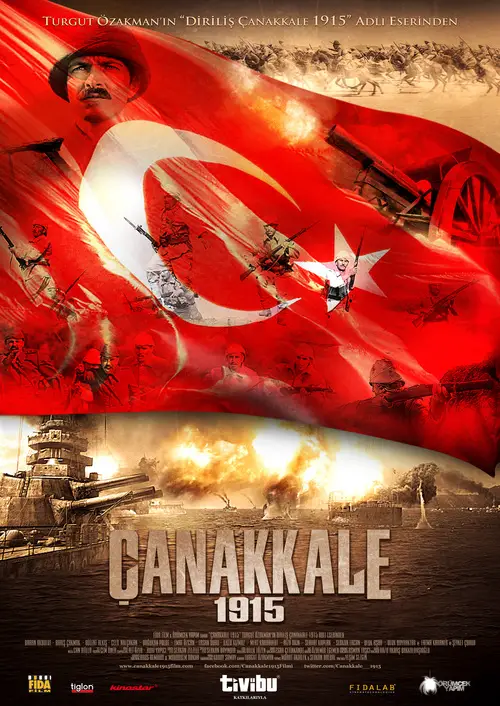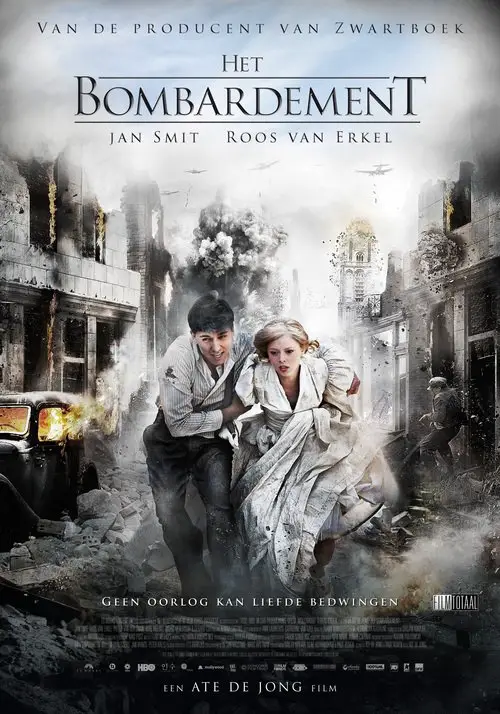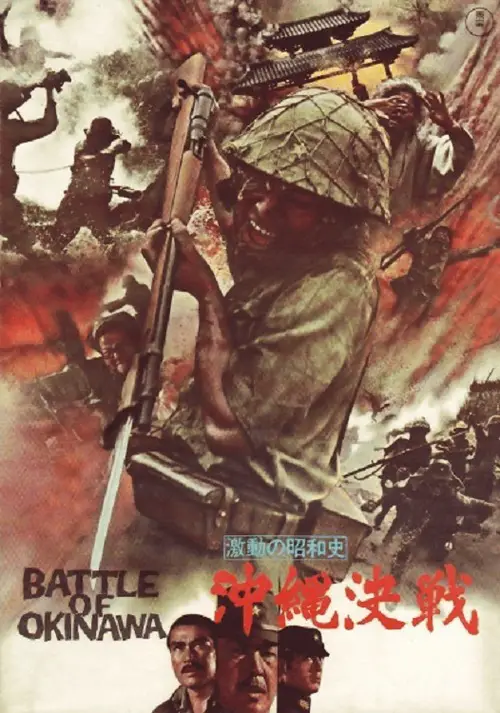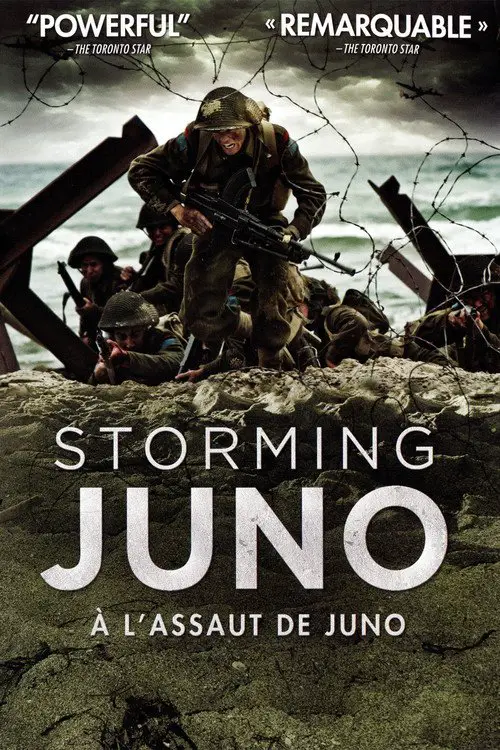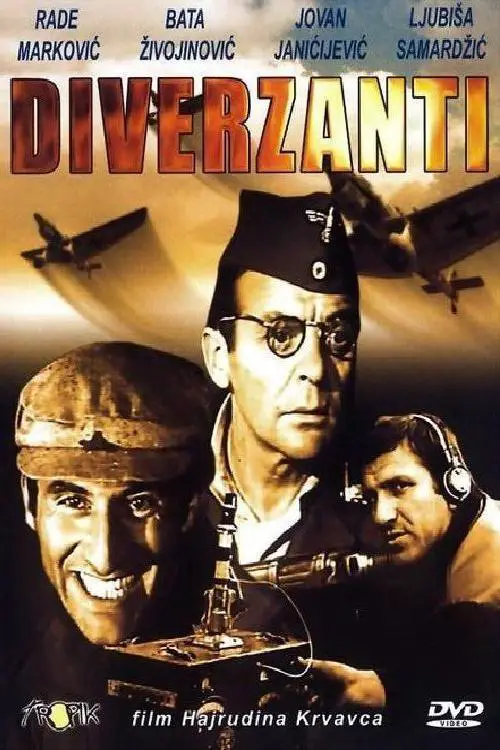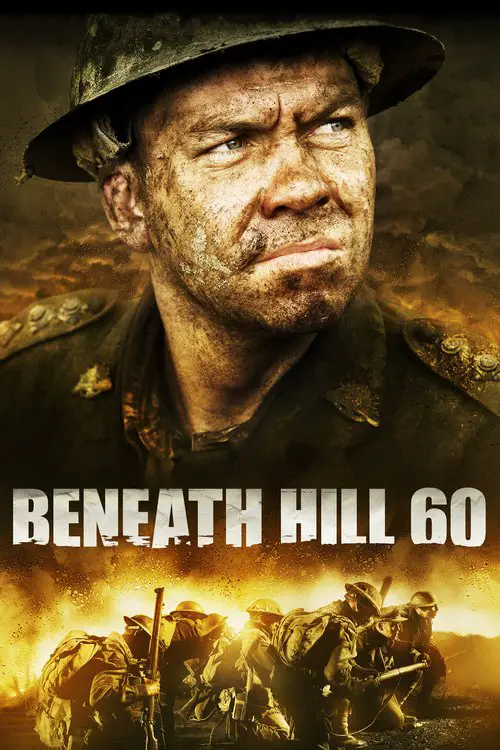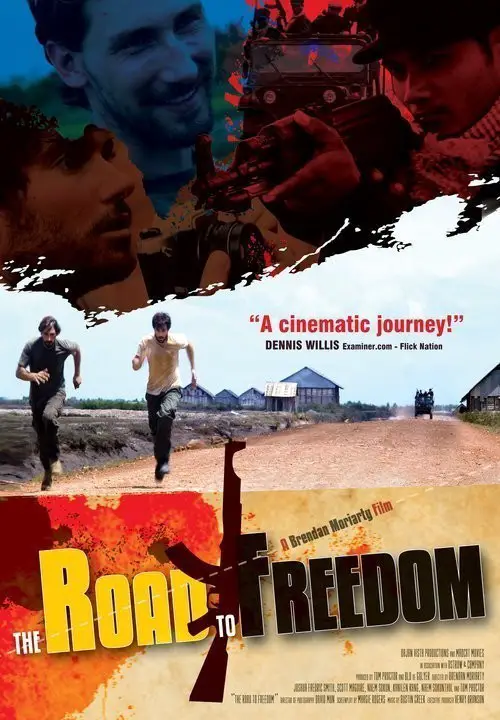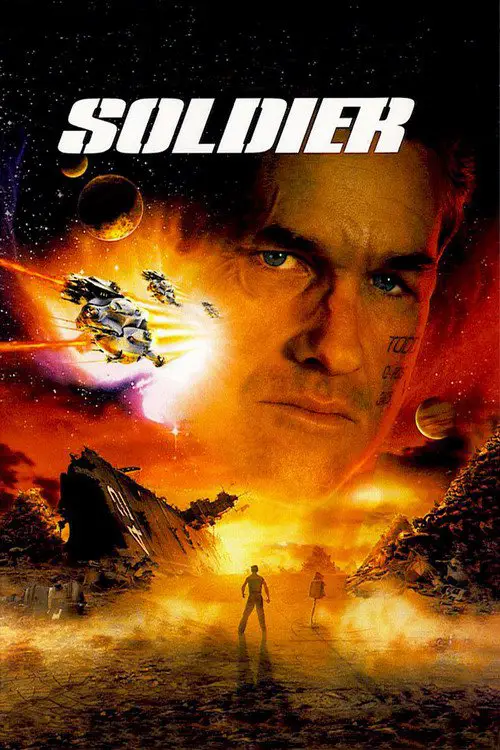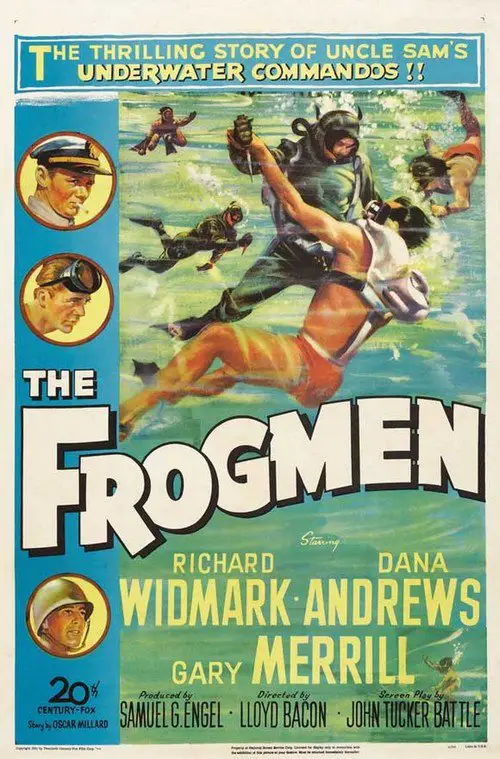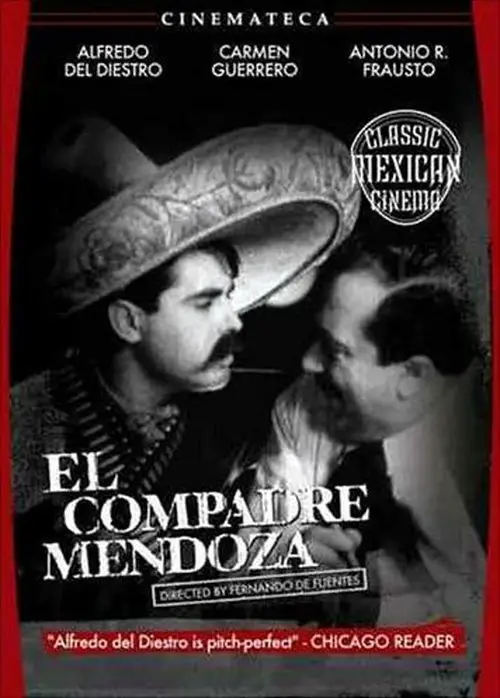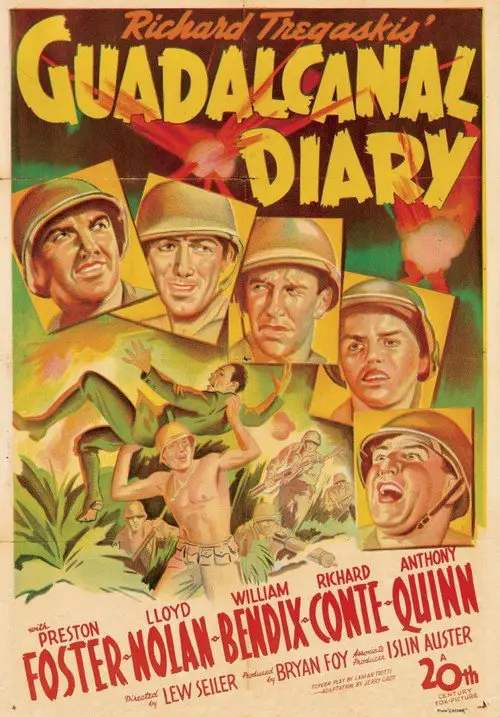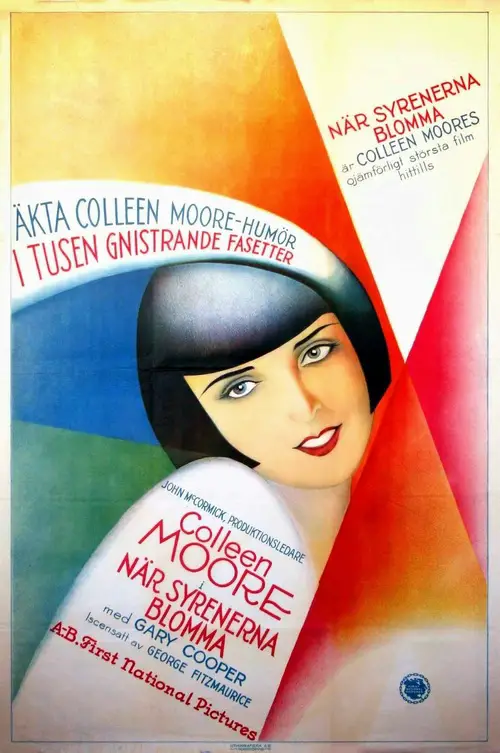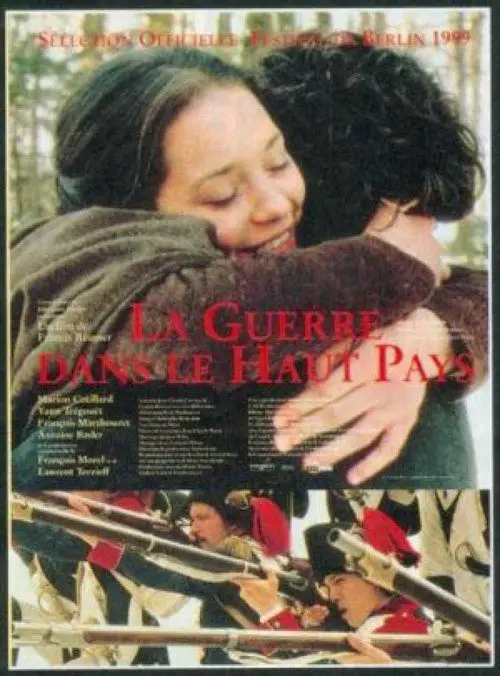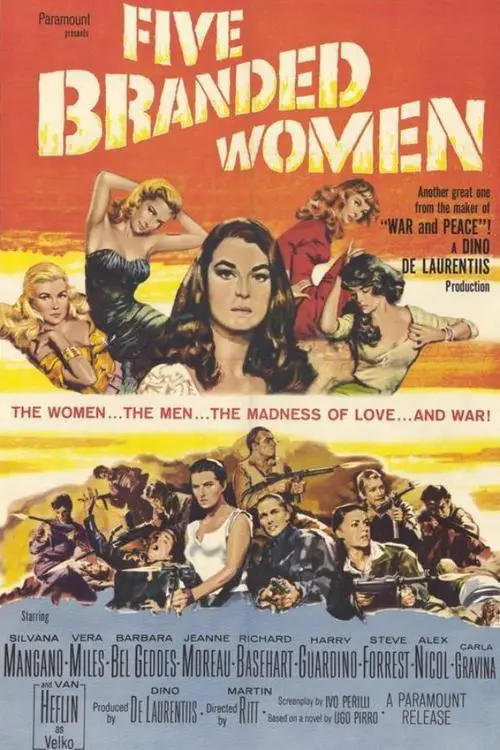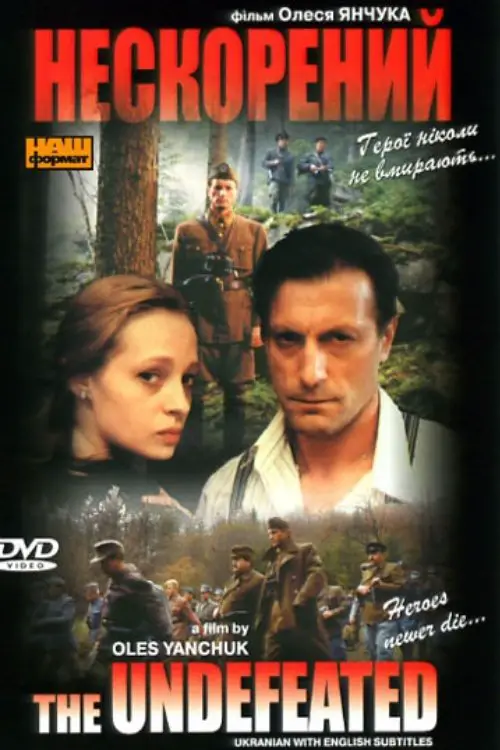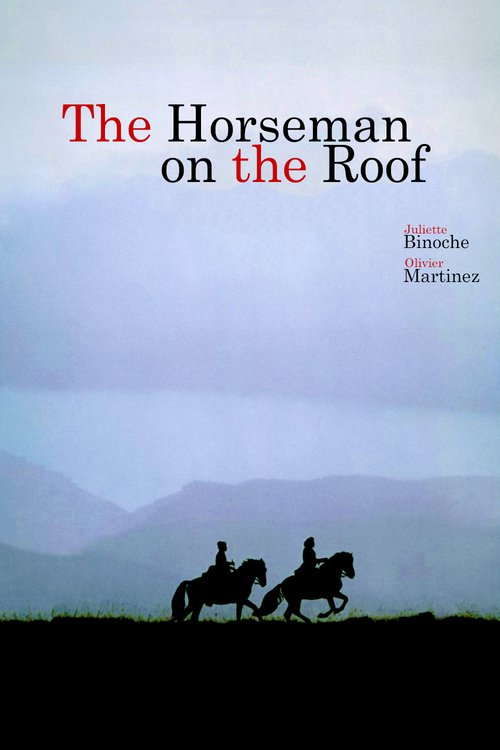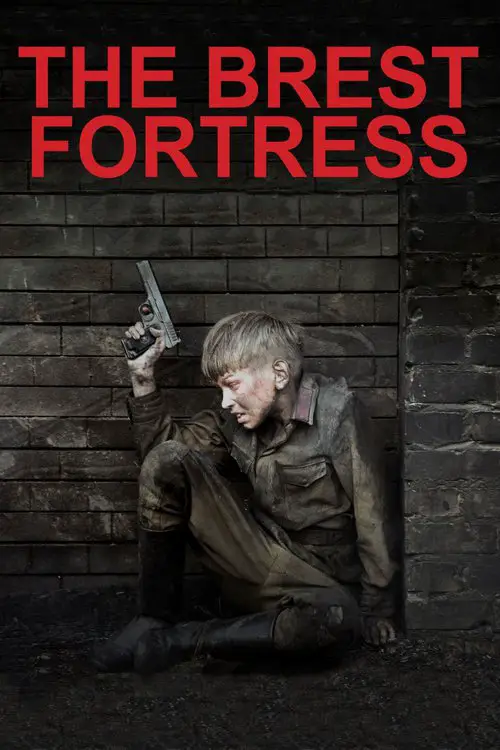The Great Japanese Empire (1982)
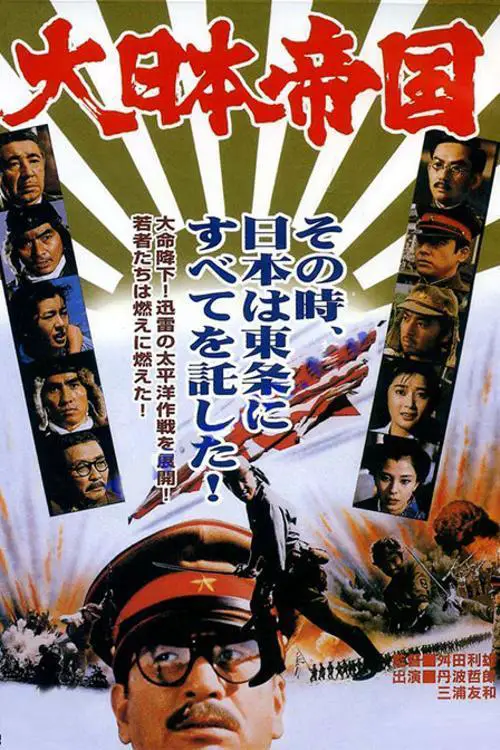
Similar movies
In July 1945, during the end of World War II, Japan is forced to accept the Potsdam Declaration. A cabinet meeting has continued through days and nights, but a decision cannot be made. The U.S. drops atomic bombs on the cities of Hiroshima and Nagasaki, Japan. General Korechika Anami is torn over making the proper decision and the Emperor of Japan worries about his people. Prime Minister Kantaro Suzuki leads the cabinet meeting, while Chief Secretary Hisatsune Sakomizu can't do anything, but watch the meeting. At this time, Major Kenji Hatanaka and other young commissioned officers, who are against Japan surrendering, move to occupy the palace and a radio broadcasting station. The radio station is set to broadcast Emperor Hirohito reading out the Imperial Rescript on the Termination of the War.
Inspired by a true story. Jun Shik works for Tatsuo's grandfather's farm while Korea is colonized by Japan, but he has a dream to participate in Tokyo Olympics as a marathon runner. Tatsuo also aims to become a marathon runner, so the two are in rivalry. But war breaks out and they both are forced to enlist in the army. Tatsuo becomes the head of defense in Jun Shik's unit and he devises a scheme but fails. Jun Shik and Tatsuo are captured by the Soviets. They run away but soon are captured by Germans and forced to separate. In 1944, they meet again at the shores of Normandy.
The film is a graphic depiction of the war atrocities committed by the Japanese at Unit 731, the secret biological weapons experimentation unit of the Imperial Japanese Army during World War II. The film details the various cruel medical experiments Unit 731 inflicted upon the Chinese and Soviet prisoners at the tail-end of the war.
An American soldier who escapes the execution of his comrades by Japanese soldiers in Borneo during WWII becomes the leader of a personal empire among the headhunters in this war story told in the style of Joseph Conrad and Rudyard Kipling. The American is reluctant to rejoin the fight against the Japanese on the urging of a British commando team but conducts a war of vengeance when the Japanese attack his adopted people.
The lifelong friendship between Rafe McCawley and Danny Walker is put to the ultimate test when the two ace fighter pilots become entangled in a love triangle with beautiful Naval nurse Evelyn Johnson. But the rivalry between the friends-turned-foes is immediately put on hold when they find themselves at the center of Japan's devastating attack on Pearl Harbor on Dec. 7, 1941.
In the latter part of World War II, a boy and his sister, orphaned when their mother is killed in the firebombing of Tokyo, are left to survive on their own in what remains of civilian life in Japan. The plot follows this boy and his sister as they do their best to survive in the Japanese countryside, battling hunger, prejudice, and pride in their own quiet, personal battle.
Kawashima Yoshiko was originally the 14th daughter of Emperor Xu. She was sent to Japan to train in the ways of the Samurai but lost her virginity to Samurai. She then married a Mongolian prince and set her mind to fight for the independence of Mongolia but the marriage failed. Arriving Shanghai, she met an opera singer Wan Hoi. Because of her beauty and background, she achieved a great deal, including successfully smuggled a Queen, Yuen Yung and helped Pu Yi to establish Manchuria. Unexpectedly, she met up again with Wan Hoi, who was the number one singer at that time but also part of the rebel force, and tried to unsuccessfully assassinate Yu-Yeh resulting in his own death. Yoshiko saved him but he could not be bought, so she set him free without Japanese' permission. The Japanese were dissatisfied and eventually she was exiled back to Japan. She later returned to China. However, because of the lost of Japan, she got arrested and executed. (Joy Sales)
The Falklands Play is a dramatic account of the political events leading up to, and including, the 1982 Falklands War. The play was written by Ian Curteis, an experienced writer who had started his television career in drama, but had increasingly come to specialise in dramatic reconstructions of history. It was originally commissioned by the BBC in 1983, for production and broadcast in 1986, but was subsequently shelved by Controller of BBC One Michael Grade due to its alleged pro-Margaret Thatcher stance and jingoistic tone. This prompted a press furore over media bias and censorship.The play was not staged until 2002, when it was broadcast in separate adaptations on BBC Television and Radio.
A documentary/drama about the training of bombardiers during WWII. Major Chick Davis proves to the U.S. Army the superiority of high altitude precision bombing, and establishes a school for bombardiers. Training is followed in semi-documentary style, with personal dramas in subplots. The climax is a spectacular, if somewhat jingoistic, battle sequence.
While flying a routine reconnaissance mission over Bosnia, fighter pilot Chris Burnett photographs something he wasn't supposed to see and gets shot down behind enemy lines, where he must outrun an army led by a ruthless Serbian general. With time running out and a deadly tracker on his trail, Burnett's commanding officer decides to risk his career and launch a renegade rescue mission to save his life.
During the Allied Bombing offensive of World War II the public was often informed that "A raid took place last night over ..., One (or often more) of Our Aircraft Is Missing". Behind these sombre words hid tales of death, destruction and derring-do. This is the story of one such bomber crew who were shot down and the brave Dutch patriots who helped them home.
Based on the story about Guy Gabaldon, a Los Angeles Hispanic boy raised in the 1930s by a Japanese-American foster family. After Pearl Harbor, his foster family is interned at the Manzanar camp for Japanese Americans, while he enlists in the Marines, where his ability to speak Japanese becomes a vital asset. During the Battle of Saipan, he convinces 800 Japanese to surrender after their general commits suicide.
City of Life and Death takes place in 1937, during the height of the Second Sino-Japanese War. The Imperial Japanese Army has just captured the then-capital of the Republic of China, Nanjing. What followed was known as the Nanking Massacre, or the Rape of Nanking, a period of several weeks wherein tens of thousands of Chinese soldiers and civilians were killed.
The film is set in early 11th century China during the reign of Emperor Renzong of the Song Dynasty. The emperor neglects state affairs and indulges in personal pleasures, while the government sinks into corruption and war continues to rage on at the borders of the Song Dynasty. The Song Dynasty is being invaded by the armies of the rival state of Western Xia. Yang Zongbao is the last man standing in the Yang clan, a family of generals who have dedicated their lives to defending the Song Dynasty from foreign invaders. He apparently dies in battle tragically when the treacherous Imperial Tutor Pang refuses to send reinforcements to aid him. Yang Zongbao's widowed wife Mu Guiying leads the other widows of the Yang clan into battle to continue the legacy of their husbands.
In autumn of 1526, the Emperor, Charles V, sends his German landsknechts led by Georg von Frundsberg to march towards Rome. The inferior papal armies, commanded by Giovanni de'Medici, try to chase them in the midst of a harsh winter. Nevertheless, the Imperial armies manage to cross the rivers along their march and get cannons thanks to the maneuvers of its Lords. In a skirmish, Giovanni de'Medici is wounded in the leg by a falconet shot. The attempts to cure him fail and he dies. The Imperial armies assault Rome. The film is beautifully but unassumingly set, and shows the hard conditions in which war is waged and its lack of glory. It ends straightforwardly with the declaration made after the death of Giovanni de'Medici by the commanders of the armies in Europe of not using again fire weapons because of their cruelty.
An agonizing portrait of desperate Japanese soldiers stranded in a strange land during World War II, Kon Ichikawaâs Fires on the Plain is a compelling descent into psychological and physical oblivion. Denied hospital treatment for tuberculosis and cast off into the unknown, Private Tamura treks across an unfamiliar Philippine landscape, encountering an increasingly debased cross section of Imperial Army soldiers, who eventually give in to the most terrifying craving of all. Grisly yet poetic, Fires on the Plain is one of the most powerful works from one of Japanese cinemaâs most versatile filmmakers.
During the military phase of the Meiji Restoration of 1868, Sentaro joins a local militia loyal to the Tokugawa Shogunate in order to fight Imperial troops. But Sentaro's friendship with a pickpocket, who switches sides whenever it suits his needs, leads to complications that could cost Sentaro his life as they infiltrate enemy lines.
British World War II film set in occupied France, portraying the activities of members of the French Resistance and the Nazi tactic of taking and shooting innocent hostages in reprisal for acts of sabotage. The opening credits acknowledge "the official co-operation of General de Gaulle and the French National Committee". It was released as "At Dawn We Die" in the US.
The Birth of A Nation is a silent film from 1915 and the highest grossing silent film in film history. The film tells a romance story during the American civil war. Director Griffith created many new camera effects and innovations in filming the movie. Way ahead of it's time in many regards. That said this movie will offend most people today. The very negative portrayal of newly freed slaves (mostly white actors in black face) went on to create and propagate negative images of blacks of the early 20th century in the Unites States. This film was used as a recruiting propaganda by the KKK until the 1940's.
The son of Emperor Franz Josef of Austria, Crown Prince Rudolf, is believed to have shot his female lover and himself in a tragic suicide pact in 1882 in Mayerling. Due to Imperial cover-ups, the full story may never be known. This story has been filmed several times, in French in 1935 and in English in 1968. Hungarian director Miklos Jancso recreates those events for his own purposes, continuing his favored theme of the rejection of paternal authority. In the film, which has very little dialog, Rudolf is a good-natured pan-sexual golden boy, who cavorts on his rural estate with a host of beautiful, aristocratic lovers and friends of both sexes. He refuses to leave his country idyll even though he has been ordered to by the Emperor, his father. Despite the fact that for a large part of the film, attractive young people go about unclothed and engaging in erotic encounters, the mood is one of melancholy rather than prurience.
This harrowing war film is an epic dramatization of the first battle of World War II. The Battle of Westerplatte that began on 1 September 1939 will forever be remembered as the one that announced the beginning of the Second World War in Europe. Over one week, fewer than 200 Polish soldiers fought against heavy German bombardment and in the process came to symbolize the power of resistance. As the violence rages, a complex battle of a more personal nature plays out between two Polish commanders over how to best lead their men. Amid the bloodshed, they must ask themselves â should they fight until the last man standing or surrender in the face of overwhelming odds? What unfolds is a stirring exploration of the fight against the forces of tyranny.
As World War I rages, brave and youthful Australians Archy and Frank, both agile runners, become friends and enlist in the Australian and New Zealand Army Corps together. They later find themselves part of the Dardanelles Campaign on the Gallipoli peninsula, a brutal eight-month conflict which pit the British and their allies against the Ottoman Empire and left over 500,000 men dead.
Filmed amid the rubble of a recently bombed Hanoi, this harrowing tale of a girl searching for her soldier father after losing the rest of her family during a bombardment is a powerful drama and a very rare look at life in the city during the Vietnam War. Film critic Jonathan Rosenbaum said, âthe film is remarkable not only for its sincerity and emotional directness but for its accomplished visual style.â
A group of U.S. Army nurses leaves San Francisco for their tour of duty in Hawaii in December 1941. The attack on Pearl Harbor changes their destination, and their lives. Sent to Bataan, in the Philippines, the nurses are led by Lt. Janet Davidson. She is faced with untested nurses who expected an easy time in Honolulu, but who quickly become battle-weary veterans dealing with daily bombardments by the Japanese, overwhelmed by the numbers of wounded, and dwindling supplies. Some of "Davey's" unit also have to deal with romantic entanglements with men they met onboard ship. When Bataan falls, the American forces flee to the offshore island of Corregidor, where they find the Japanese assault just as intense.
A remarkable film that takes a special look at the first war to be truly reported and recorded by one of the more unsung heroes of World War II: the combat photographer. Through the unflinching eye of their camera's lenses, these courageous soldiers continually risked their lives in their brave attempts to capture history.
The story of the film is about the Gallipoli Campaign during World War I on the Gallipoli Peninsula in Turkey in 1915. The film covers the resurrection of Turkey following its defeat in the Balkan War, through depictions of Sergeant Mehmet Ali (Ali Ersan Duru) from Biga, Corporal Seyit and many others. To help Russia and threaten Constantinople, the Allies try to force through the Dardanelles Straight with a large fleet. Through a series of historical sketches, the film documents how they were defeated despite many difficulties and hardships.
The Americans are swiftly closing on Okinawa, an island just south of the Japanese mainland. The Imperial command sends top generals and several army divisions to defend it at all costs. The mission quickly degenerates as vital resources and troops are diverted to other islands. After a civilian evacuation ends in tragedy most of non-combatants are forced to remain on the island. Many convert to soldier status. Tokyo sends mixed messages that squander time and resources, as when they order the defenders to build an airstrip for aircraft that never come. The truth soon becomes obvious: the high command decides that the island cannot be held and effectively abandons the Okinawan defenders. When the Americans land many troops are deployed in the wrong places. As the slaughter mounts, a suicidal attitude takes hold. Okinawa becomes a death trap, for civilian volunteers and non-combatants as well.
Harrison Lloyd is a Pulitzer-winning photojournalist. His wife and family are making it hard for him to keep his mind on his work when he's in a war zone, and he wants to change jobs to something less stressful. But he's got one last assignment, in war-torn Yugoslavia, in 1991, at the height of the fighting. Word comes back that he apparently died in a building collapse, but his wife Sarah (also a journalist for Newsweek) refuses to believe that he's dead and goes looking for him. She's helped immensely by the photo-journalists Eric Kyle and Marc Stevenson that she runs into over there; together, they're determined to make it through the chaotic landscape to Vukovar, which is not only the nexus of the war but where she believes Harrison is located. Meanwhile, Harrison's son Cesar is looking after his father's prized greenhouse, keeping hope, and flowers, alive.
BENEATH HILL 60 is the action packed story of Australia's cat-and-mouse underground mine warfare - one of the most misunderstood, misrepresented, and mystifying conflicts of WW I. It was secret struggle BENEATH the Western Front that combined daring engineering, technology and science. Few on the surface knew of the brave, claustrophobic and sometimes barbaric work of these tunnellers.
Sergeant Todd is a veteran soldier for an elite group of the armed forces. After being defeated by a new breed of genetically engineered soldiers, he is dumped on a waste planet and left for dead. He soon interacts with a group of crash survivors who lead out a peaceful existence. The peace is broken as the new soldiers land on the planet to eliminate the colony, which Sergeant Todd must defend.
In a small town still occupied by the Germans as World War II's tide is turning toward the Allies, apprentice train-watcher Milos is oblivious to the war. Instead, he is obsessed with having his first sexual experience. Despite the favors of train conductor Masa, Milos has no luck. His quest leads him to a female Resistance fighter who, in passing, recruits him to the cause. As Milos finally finds love, danger draws closer.
During Mexican Revolution, Rosalio Mendoza (Del Diestro) survives by making and winning favors from both factions, the governmental forces and Zapata's Army. His hacienda welcomes everybody, and Mendoza is considered a good friend of his guests. Eventually, the situation becomes unsustainable and he has to take sides. Betrayal and deception overcome and Mendoza's dark side surfaces
All of those handsome young men in their flying machines are billeted in a field next to the Widow Berthelot's farmhouse in France. Her daughter Jeannine is curious about the young men fighting for England in World War I and their airplanes. Then one of the aviators is killed. His replacement is Captain Philip Blythe who can't help but notice Jeannine. When he lands the first time, she is standing in the middle of his "runway." She makes a more favorable impression when he sees her later by the lilacs. When all of the young men depart on a mission, Blythe promises to return.
La Guerre Dans le Haut Pays is a period piece set in the winter of 1797-98, during the six days leading up to the fall of Bern and the victory of Napoleon's army, when the Bern government is faced with mixed loyalties from its subjects. The population of the lower valley is divided, but the upper region remains loyal, since they have been given special autonomy and a favorable system of taxation. David, a postman, works between the two regions. His father, who is a hard-line conservative, does not approve of his relationship with Julie, who is from the lower part of the valley. Julie's father, on the other hand, is more open to the new ideas of liberation. As a result of his work, David is exposed to new ideas and becomes a believer in equality and justice.
Belgrade, 1999. Producer Sergei and his film crew are in a disastrous situation - the film they're making is under threat - there's no money, the crew are dissatisfied - and NATO bombing is just around the corner. Then a member of the State Security Service (Mileta) comes looking for American co-producer Harvey. Anxious and worried, in the midst of the bombing that's begun, Sergei hides Harvey from what he thinks is awaiting him - arrest. During the night, he thinks up a plan. He announces the start of filming on a new, patriotic film - in which the main role will be played by Harvey. The plan works - the State supports the film and Mileta, as the State's representative, joins the crew. However, the underlying conflict between Mileta and Sergei explodes during the first screening. Mileta accuses them of being artists, and not being patriots.
After proving himself on the field of battle in the French and Indian War, Benjamin Martin wants nothing more to do with such things, preferring the simple life of a farmer. But when his son Gabriel enlists in the army to defend their new nation, America, against the British, Benjamin reluctantly returns to his old life to protect his son.
A city in Washington state awakens to the surreal sight of foreign paratroopers dropping from the sky - shockingly, the U.S. has been invaded and their hometown is the initial target. Quickly and without warning, the citizens find themselves prisoners and their town under enemy occupation. Determined to fight back, a group of young patriots seek refuge in the surrounding woods, training and reorganizing themselves into a guerrilla group of fighters. Taking inspiration from their high school mascot, they call themselves the Wolverines, banding together to protect one another, liberate their town from its captors, and take back their freedom.
During the Nazi occupation of Czechoslovakia, surgeon Dr. Franticek Svoboda (Brian Donlevy), a Czech patriot, assassinates the brutal "Hangman of Europe", Reichsprotektor Reinhard Heydrich (Hans Heinrich von Twardowski), and is wounded in the process. In his attempt to escape, he is helped by history professor Stephen Novotny (Walter Brennan) and his daughter Mascha (Anna Lee).
Paulino and Carmela are husband and wife, troubadours touring the countryside during the Spanish Civil War. They are Republicans, and with their mute assistant, Gustavete, they journey into rebel territory by mistake. They are arrested, fear a firing squad, and receive a reprieve from an Italian Fascist commander who loves the theatre. He arranges a performance for his troops, bargaining with Paulino to stage a burlesque of the republic in exchange for the actors' freedom. Will the fiery and patriotic Carmela consent?
Yugoslav partisans grimly crop the hair of a village quintet of women believed to have consorted with the occupational Nazis. Four, for various reasons, have indeed - and their seducer is a lone, swaggering sergeant whom the partisans briskly emasculate. Escorted out of town by the sheepish Nazis, the forlorn ladies link up, patriotically and romantically, with a band of tough mountain guerrillas. Written by alfiehitchie
In 1950, long after the world has finished fighting World War II, a fight continues behind the newly drawn Iron Curtain: as the Ukrainians keep fighting both Nazi and Soviet abuses, General Roman Shukhevych (Hryhoriy Hladiy) is forced by brutal circumstances and his own sense of honor and duty to lead this effort as an underground war. As portrayed by the film, Shukhevych is a genteel family man who is also a complex character (revolted by ethnic discrimination, a music lover and a military genius) that with his charisma fuels his countrymen with desire for freedom. In the end, Shukhevych's efforts are unable to defeat the Soviets despite paying for his resistance with his life, but they re-enforce Ukrainian patriotism as an underground force until Ukraine finally recovers its freedom from Soviet tyranny.
Using archival footage, United States Cabinet conversation recordings, and an interview of the eighty-five-year-old Robert McNamara, 'The Fog of War' depicts his life, from working as a WWII Whiz Kid military officer, to being the Ford Motor Company's president, to managing the American Vietnam War, as defense secretary for presidents Kennedy and Johnson.
© Valossa 2015–2025
| Privacy Policy
